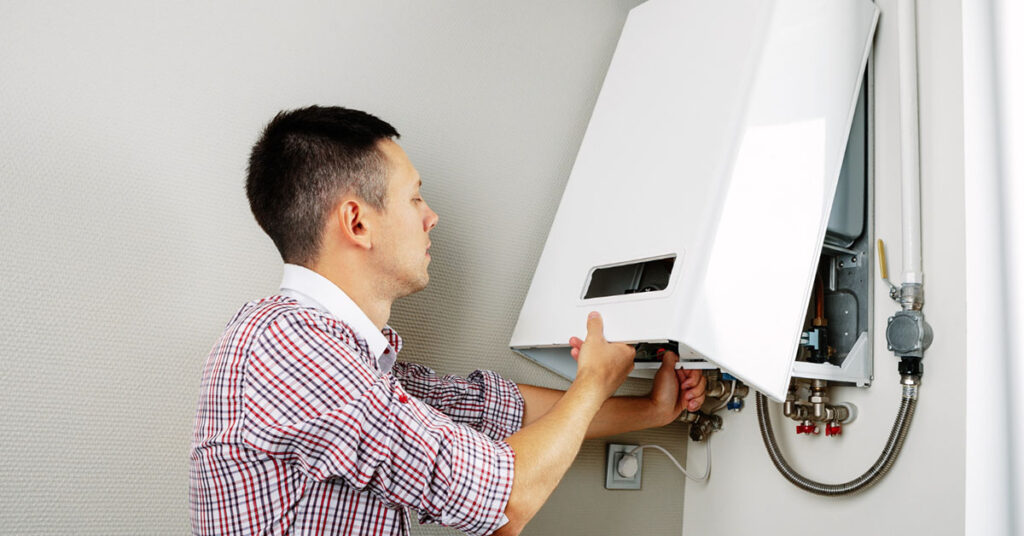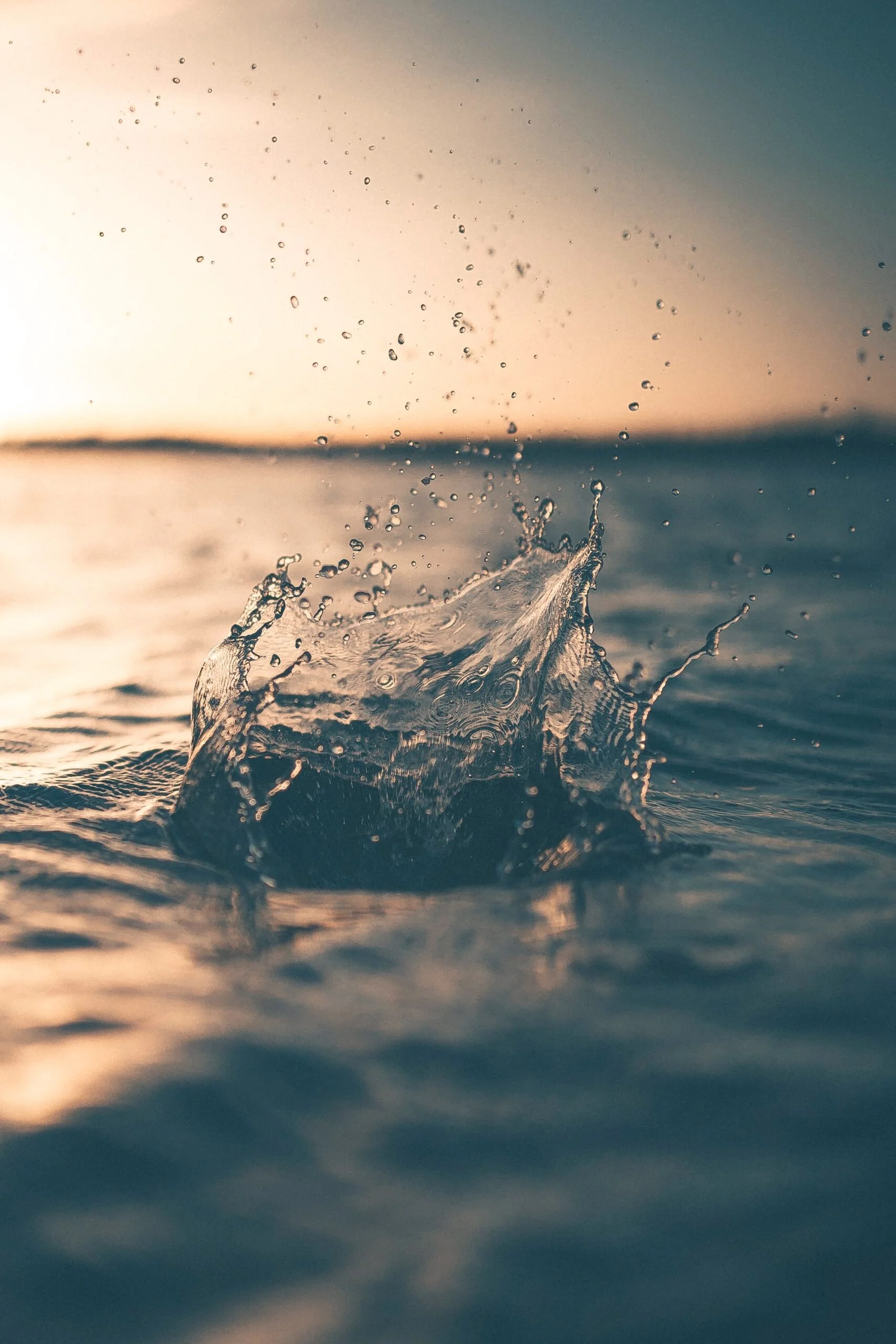If you’ve ever been startled by strange noises emanating from your water heater, you’re not alone. It’s not uncommon for these essential appliances to make unexpected sounds that can range from rumbling and popping to clanking and banging. While water heaters are typically designed to operate quietly, these noises can be indicators of underlying issues that require attention. In this comprehensive guide, we’ll explore why is my water heater making noise. Let’s get started.
Why Is My Water Heater Making Noise
The following are some of the reasons why your water heater may be making noises.
Sediment Build-Up
One of the most common causes of noisy water heaters is sediment build-up within the tank. Over time, minerals and debris present in the water supply can settle at the bottom of the tank, forming a layer of sediment.
As the water heater heats the water, this sediment can become trapped and cause the characteristic rumbling or popping noises. Not only can sediment affect the efficiency of your water heater, but it can also lead to premature wear and tear on the tank.
To address sediment build-up and alleviate associated noises, flushing the water heater is recommended. This process involves draining the tank to remove accumulated sediment and debris. By performing regular flushing maintenance, you can help prevent sediment-related issues and prolong the lifespan of your water heater.
Mineral Deposits
In areas with hard water, another common culprit behind water heater noise is mineral deposits or scale. Hard water contains high levels of minerals such as calcium and magnesium, which can precipitate out of solution and adhere to the interior surfaces of the water heater tank. Over time, these mineral deposits can accumulate and harden, forming scale that can impede the proper functioning of the water heater.
The presence of scale can manifest in various noises, including clanking or banging, as the water heater struggles to heat water through the insulating layer of mineral buildup. To address this issue, descaling the water heater is recommended.
This process involves using vinegar or a professional descaling solution to dissolve and remove the scale from the tank and components. Regular descaling maintenance can help prevent scale-related issues and ensure the efficient operation of your water heater.
Expansion and Contraction
Another source of water heater noise is thermal expansion and contraction. As the water heater heats and cools the water within the tank, the metal components expand and contract in response to temperature changes. This natural phenomenon can result in creaking, ticking, or tapping noises as the metal surfaces rub against each other or against other materials.
While some degree of expansion noise is normal, excessive or persistent sounds may indicate underlying issues that require attention. Installing expansion tanks can help mitigate the effects of thermal expansion by providing additional space for the heated water to expand without causing excessive pressure within the tank. Additionally, adjusting the temperature settings on your water heater can help minimize temperature fluctuations and reduce associated noises.
Loose or Faulty Components
A water heater consists of various components, including heating elements, pipes, valves, and fittings, all of which must be properly secured to prevent rattling or humming noises. Over time, these components may loosen or degrade due to wear and tear, resulting in unwanted vibrations or sounds.
If you notice rattling or humming noises emanating from your water heater, it’s essential to inspect the various components for signs of looseness or damage. Tightening loose connections and replacing faulty components can help alleviate these noises and prevent further issues from occurring. Regular maintenance and inspection of your water heater can help identify and address potential problems before they escalate.
Pressure Issues
Water pressure plays a crucial role in the proper functioning of a water heater. Excessive pressure can lead to noisy operation, as the water heater struggles to accommodate the increased demand. Conversely, low water pressure can result in inadequate heating and inefficient operation of the water heater.
If you’re experiencing screeching or whistling noises coming from your water heater, it may be indicative of pressure issues that require attention. Installing pressure-reducing valves can help regulate water pressure and alleviate associated noises. Additionally, adjusting the pressure settings on your water heater can help optimize performance and minimize noise levels.
Age and Wear
Finally, it’s essential to recognize the impact of age and wear on water heater performance. Like any appliance, water heaters undergo natural wear and tear over time, which can result in increased noise levels and decreased efficiency. If your water heater is making groaning, hissing, or other unusual noises, it may be a sign that age-related issues are starting to manifest.
Regular maintenance and inspection can help identify and address these issues before they escalate. However, if your water heater is nearing the end of its lifespan or experiencing significant wear and tear, it may be time to consider replacing it with a newer, more efficient model.
Read More: How Much Does A New Roof Add To Home Value
Conclusion
In conclusion, a noisy water heater can be a cause for concern, but understanding the underlying reasons behind the clamor can help you address the issue effectively. Whether it’s sediment build-up, mineral deposits, thermal expansion, loose components, pressure issues, or age-related wear and tear, there are solutions available to restore peace and quiet to your home.


